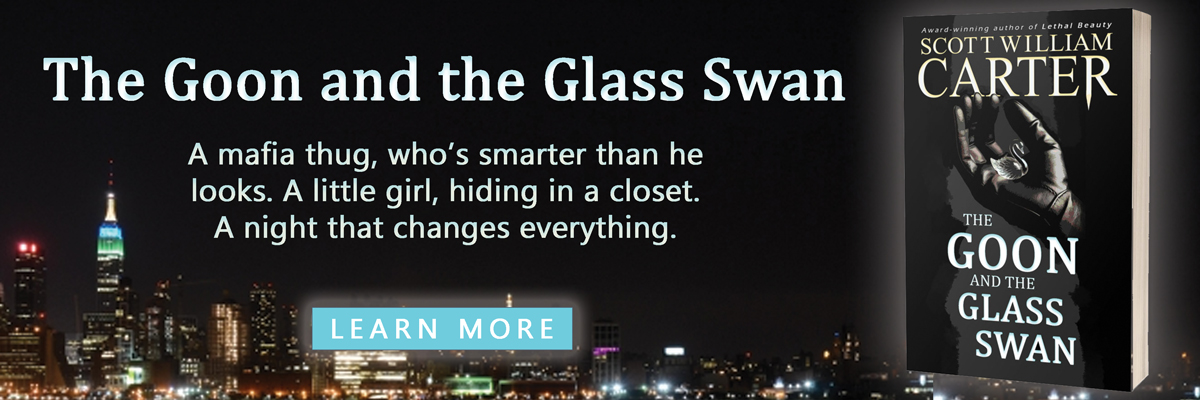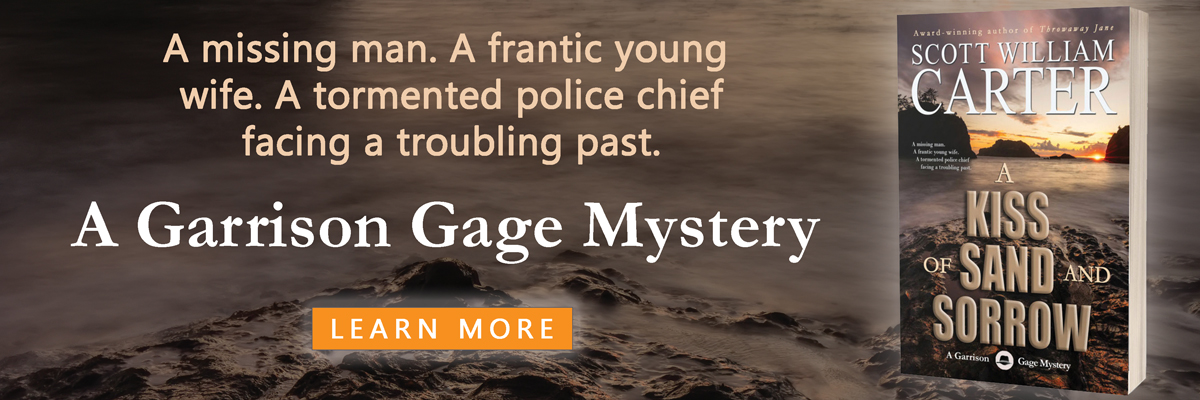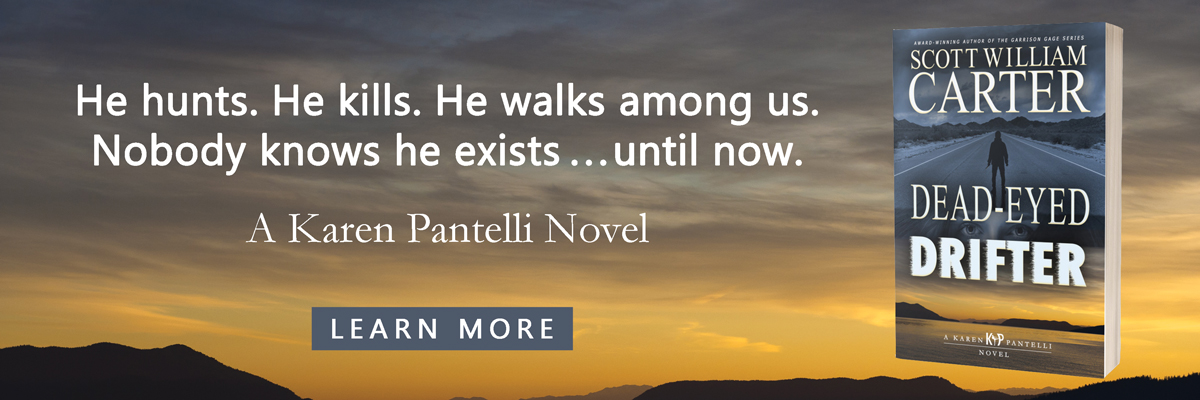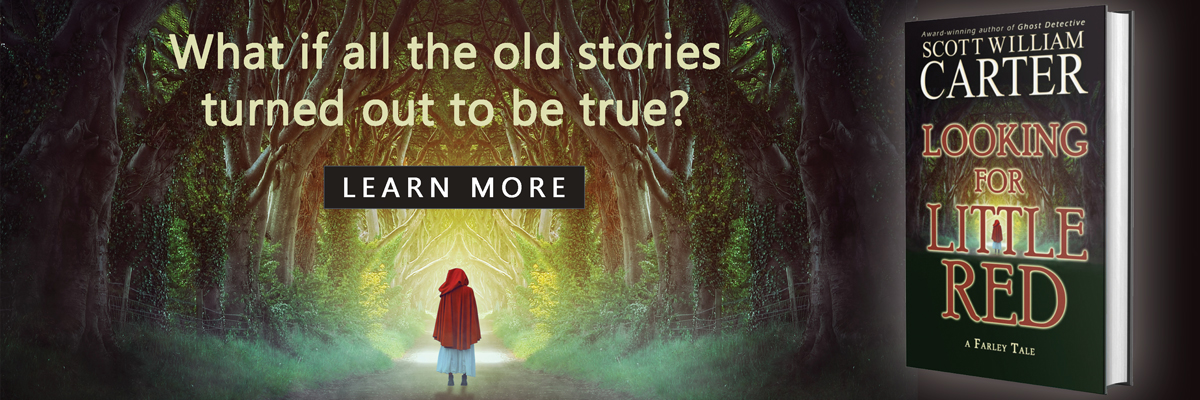 Here’s a technique I’ve used a few times to get the creative juices flowing. You’ve read an illustrated book, right? Usually, the writer writes a story and then the illustrator reads the story (hopefully) and creates an illustration based on it. Some illustrations become so wedded to the original work — think Sidney Paget’s illustrations of Sherlock Holmes stories — that they become almost inseparable in the reader’s mind. But why not the opposite?
Here’s a technique I’ve used a few times to get the creative juices flowing. You’ve read an illustrated book, right? Usually, the writer writes a story and then the illustrator reads the story (hopefully) and creates an illustration based on it. Some illustrations become so wedded to the original work — think Sidney Paget’s illustrations of Sherlock Holmes stories — that they become almost inseparable in the reader’s mind. But why not the opposite?
Here’s how the technique works: Find a painting and write a story based on it.
It doesn’t have to be a painting. It could be a photo. It could be a photo of a sculpture. But whatever it is, the key is to find something that evokes an emotional response.
So much of art is just a response to other art. It’s a continuous conversation, and by playing this game you get to take part in it. And if you’re worried about “stealing” someone’s idea, don’t be. Beyond staying away from trademarked characters — Spiderman, Star Wars, etc. — you have nothing to worry about. When I use this technique, I usually go to the Internet, copy the image, and paste it right into my document. Of course, you never send this out, or post it online, because it’s quite likely that image is copyrighted, but there’s nothing wrong with using that photo or painting for inspiration so long as it stays on your computer.
A few other suggestions:
- Try using a search engine, searching specifically for images. For example: http://images.google.com. Type something like “girl with bucket” or “haunted house” and see if something grabs you.
- A site like Deviant Art is great for illustrations: http://www.deviantart.com/
- Flickr, a photo sharing site, is another great one to try: http://www.flickr.com/explore/
-+-




